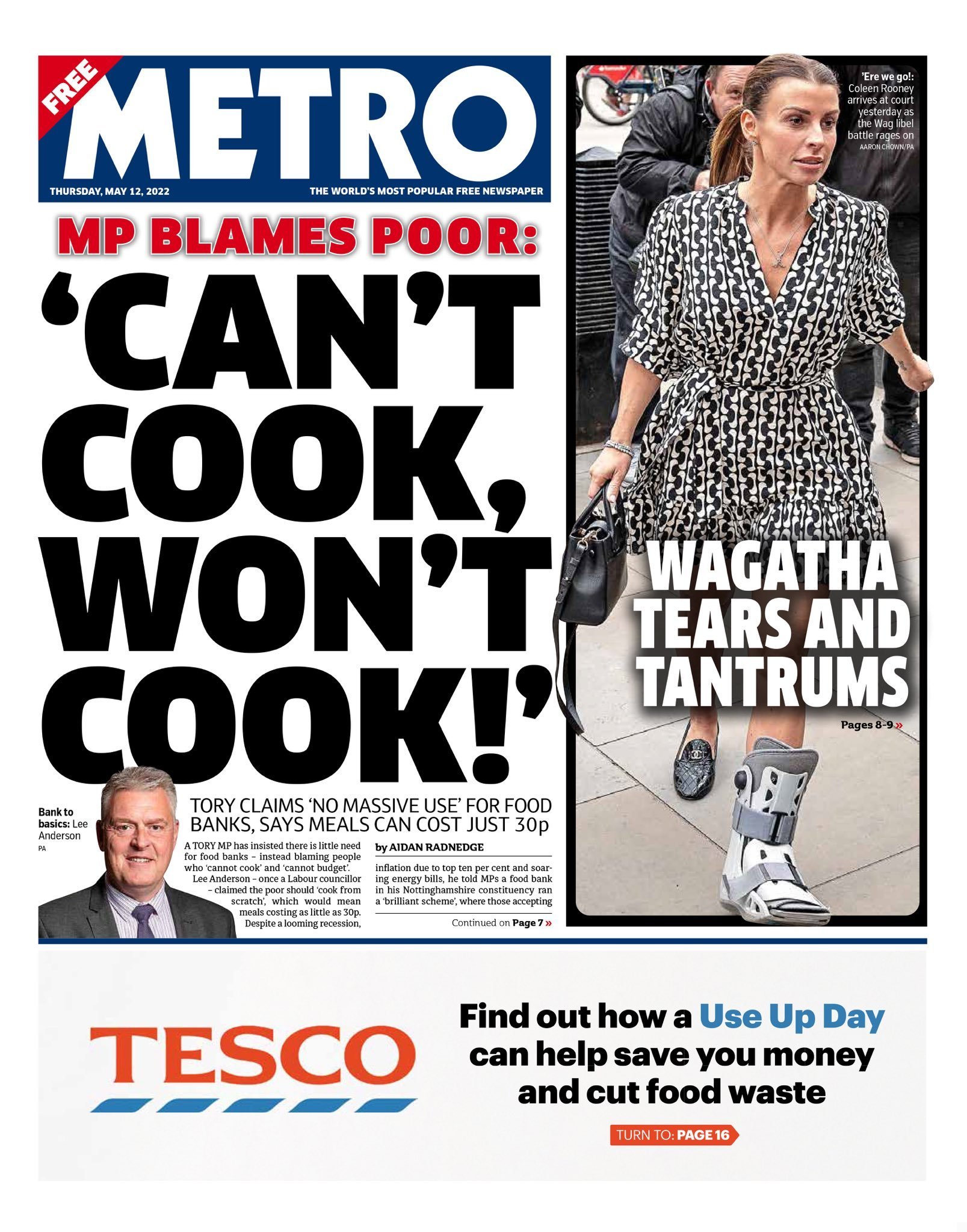
It’s time we faced the money monster
— Sam d’Amato, CSO & Founder, Friendly Giants
🕓 4 min
A study by University College London in 2015 found that people were seven times more likely to open up to a stranger about their sex lives — and whether they’d had affairs or STIs — than reveal their income.
You’ll find these stats on fiscal squeamishness everywhere. A study in the US revealed that 70% of Americans think it’s ‘rude and inappropriate’ to discuss personal money matters socially — with almost 40% of Stateside couples living together not knowing what their significant other earns. Closer to home, 52% of Brits struggle to talk openly to anyone about their finances.
In the words of Dr Nicola Bannister, who until recently was the Director of Customer Financial Assistance Effectiveness at Lloyd’s Bank:
“Money is more taboo than sex. Parents will talk to their children about the birds and the bees but they won’t go and talk to them about money. The emotional impact on relationships and families is huge.”
Cut to 2022 and confidence in household finances is at a record low. A whopping 65% of us think the economy is the most important issue in the UK today, but we still struggle to talk openly about our personal finances.
Some recent work we undertook revealed the extent to which this impacts our mental health and wellbeing — and the combination of this reluctance to talk about money and the current economic struggle is making a bad situation worse.
Our interviews revealed some of the reasons behind our awkwardness with money — years of being told it was wrong, thinking it was tacky, inappropriate, shameful, embarrassing, too personal or a burden on others, with one person saying the idea of discussing personal finances was ‘disgusting and weird’.
In her book ‘Open Up: Why Talking About Money Will Change Your Life’, Alex Holder documents the transformative effects that talking about money can have on mental health and relationships — and gets under the skin of why we’re more comfortable talking about literally anything else.
“The social code dictating that we shouldn’t talk about money was invented and perpetuated by the richest of society and trickled down to the rest of us; not talking about money is a privilege of the wealthy.
And as a result, we’re stuck in a place where talking about what we earn, spend and save is just too awkward. There is seemingly too much at stake … everyone is too scared of embarrassing everyone else and too scared of feeling any shame themselves.”
As Alex says, shame is intrinsically linked to money — and it’s an emotion we tend to harbour in secret. Many people we interviewed echoed these sentiments. For them, money was bonded to their sense of self-worth and identity. And when things go wrong, the shame looms large and digs deep. People spoke of the confusion, fear and anxiety it causes — a monster in the room.
When it comes to tackling debt in particular, it can feel like the world’s against you. If your credit score isn’t great, the lifeline of a 0% balance transfer card or low-cost loan is painfully out of reach, meaning you end up resorting to payday loans or borrowing at astronomical rates. Improving your credit score appears to be a dark art, muddied by different companies offering different scores and fear around the process itself. Unsuccessful applications for credit deepen the public’s mistrust of banks — not helped by a lack of confidence in the government to manage us out of the mess we’re in.
Fortunately, brands can help navigate the crisis while addressing the stigma around finances.
Three Things Brands Can Do
1. Get Real
Recently, the Metro ran a headline quoting a Tory MP who was blaming the public’s money troubles on their own inability to cook.
By contrast, Tesco ran a front-page ad linked to an advertorial inside with simple hacks to save money in the kitchen. In fact, the paper was filled with supermarket brands offering their help.
Especially in times of genuine struggle, brands need to get real and consider what people really need here and now. Be human. Speak to fellow humans in a human way. This way, brands can better identify how they can be genuinely useful, interesting or entertaining when their customers need it most.
It reminded us of our Mother’s Day campaign for notonthehighstreet last year. After a year of lockdown, a cancelled Christmas and no real end of restrictions in sight, the idea of hawking products felt glib. We instead turned our attention to the experience of mums in lockdown across the country — and told their story of 365 days in lockdown.
It instantly became their most shared, liked and loved piece of content to date, because we spoke to our audience human to human. Amazingly, as their first-ever campaign featuring zero products, sales increased 80% YoY.
Our Mother’s Day campaign for notonthehighstreet
Metro front page
Advertorial by Tesco
2. Don’t Just Make it Simple. Make it Matter.
A study by the journal Science shows that the overwhelming stress of struggling with money can lower an individual’s IQ by 13 points — the equivalent of losing a full night’s sleep.
Being overwhelmed leads to bad decision-making, which, in the case of finances, puts poorer people at a further disadvantage.
To better serve people’s needs, brands should always seek to simplify their message — then go a step further and help people understand why their product or service matters. Make it simple, clear and relevant — otherwise you’re just adding to the confusion.
Credit Score companies could do more to simplify their message and make it relevant.
Our campaign for Make-A-Wish UK is a shining example of this. By focussing on the devastation that a childhood illness wreaks — described as ‘having your childhood stolen away’ — we helped people understand why the charity matters, and why it should matter to them personally.
The impact of the campaign was transformational, with huge leaps in engagement, consideration and donations. The charity was ranked 3rd in YouGov’s Most Improved Charities for Consideration in 2021 — the first time they’d even appeared on the list.
Brands need to continue demystifying what they do, but more importantly, need to help people connect with why the brand matters. If they don’t, people will fail to understand the relevance to them and they’ll check out.
3. Address the Monster in the Room
The number of people checking their credit scores has shot up 30% since the start of the pandemic. There’s a thirst for knowledge, but it’s largely being sought in secret. Right now, brands and financial companies need to face the monster.
Back in 2019, Lloyd’s Bank launched its M-Word campaign to get people talking about money. It was a game-changing first step, but the fact that we still have so much baggage around being open financially means there’s still a long way to go. And brands can play a huge role in opening up more meaningful money conversations.
ITV’s brilliant Britain Get Talking campaign shows how easy it can be to kickstart those big conversations — by tackling the monster head-on.
When we bring the monster out of hiding, it loses its power. And in a world that feels increasingly unstable, anything brands can do to help people feel more in control is going to help — not just in connecting with their audience, but in being useful and beneficial to society as a whole.
Many people dreaded the idea of talking to us about money. But by the time we finished the interview, they almost unanimously said the experience was cathartic, freeing and motivating. They’d gone from being victims of their own shame and anxiety to feeling empowered, and better equipped to take control of their financial and mental wellbeing.
A client once described our work as ‘brand therapy’ — and it’s a phrase that’s stuck with us. It describes the process of empowering brands to behave like humans (‘get real’), become easier to love (‘don’t just make it simple, make it matter’) and help people solve their problems (‘address the monster in the room’).
It’s a simple approach that’s worked for all our clients. By helping people overcome their own anxieties, fears and shame — especially in turbulent times — brands don’t just stay relevant, they become vital to society as a whole.






